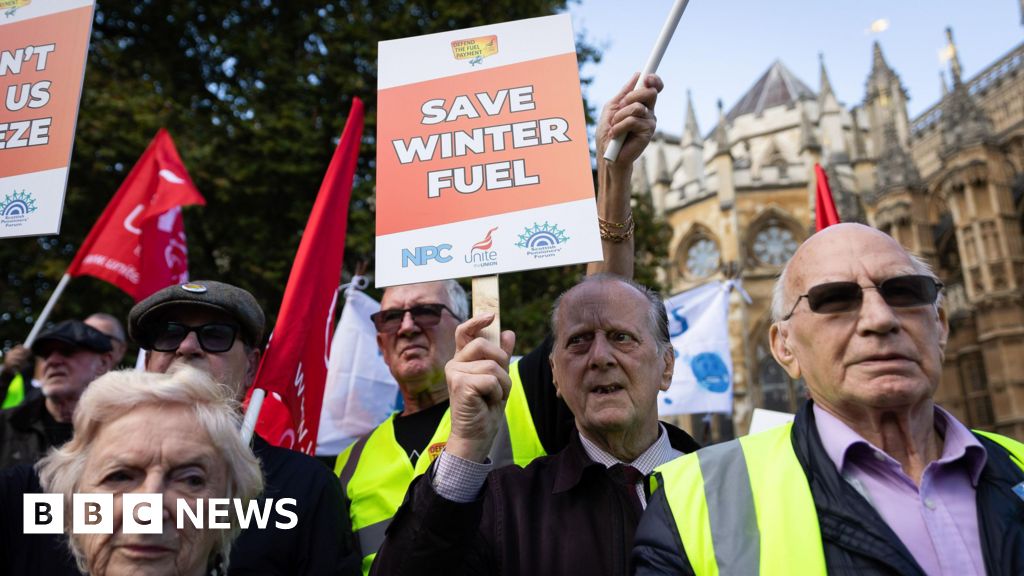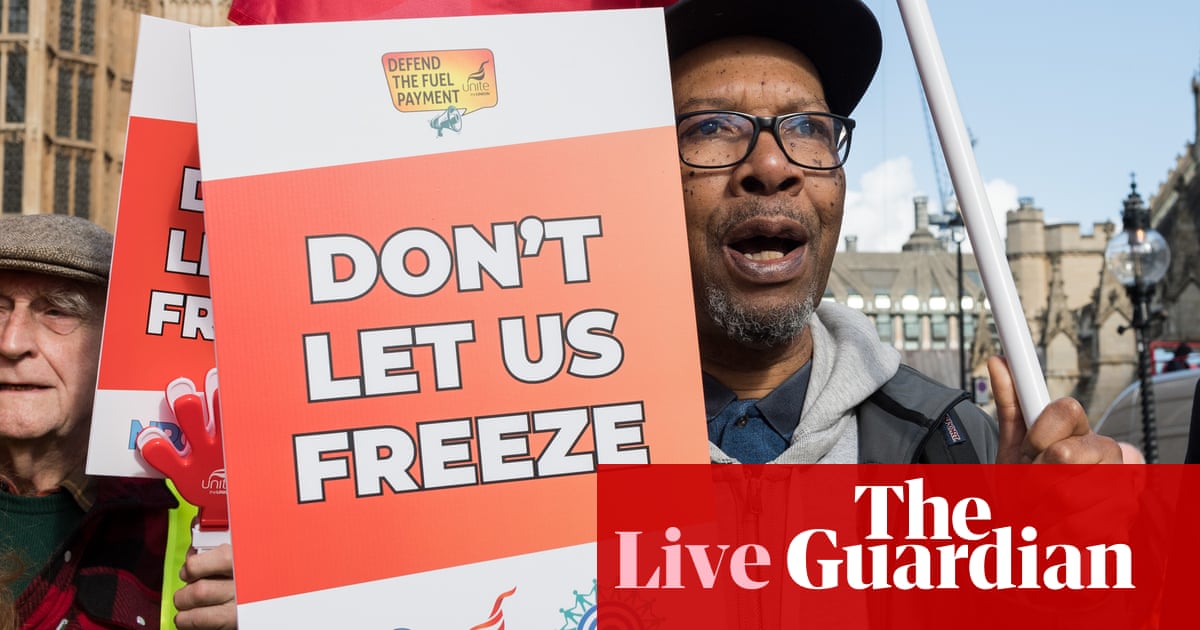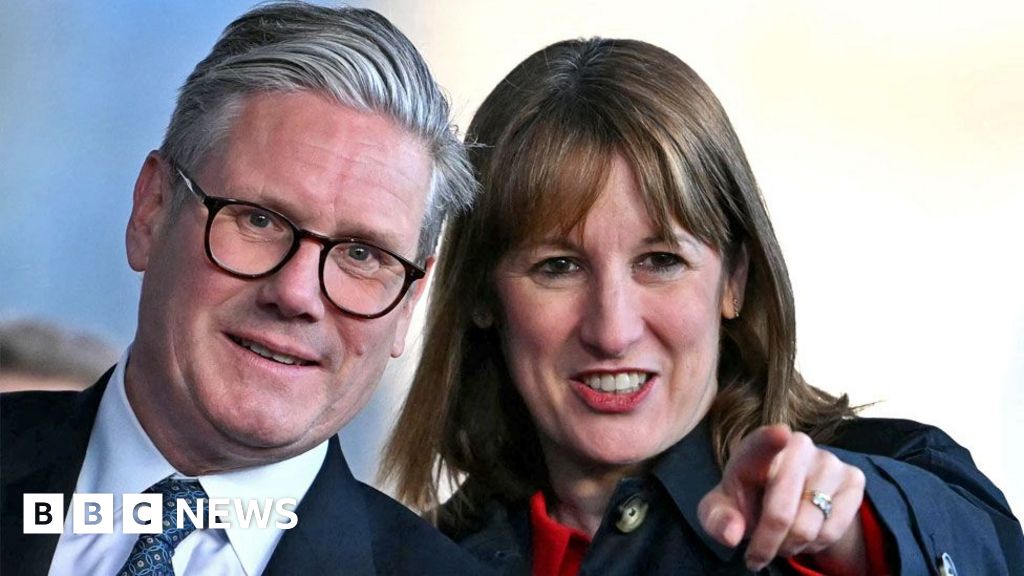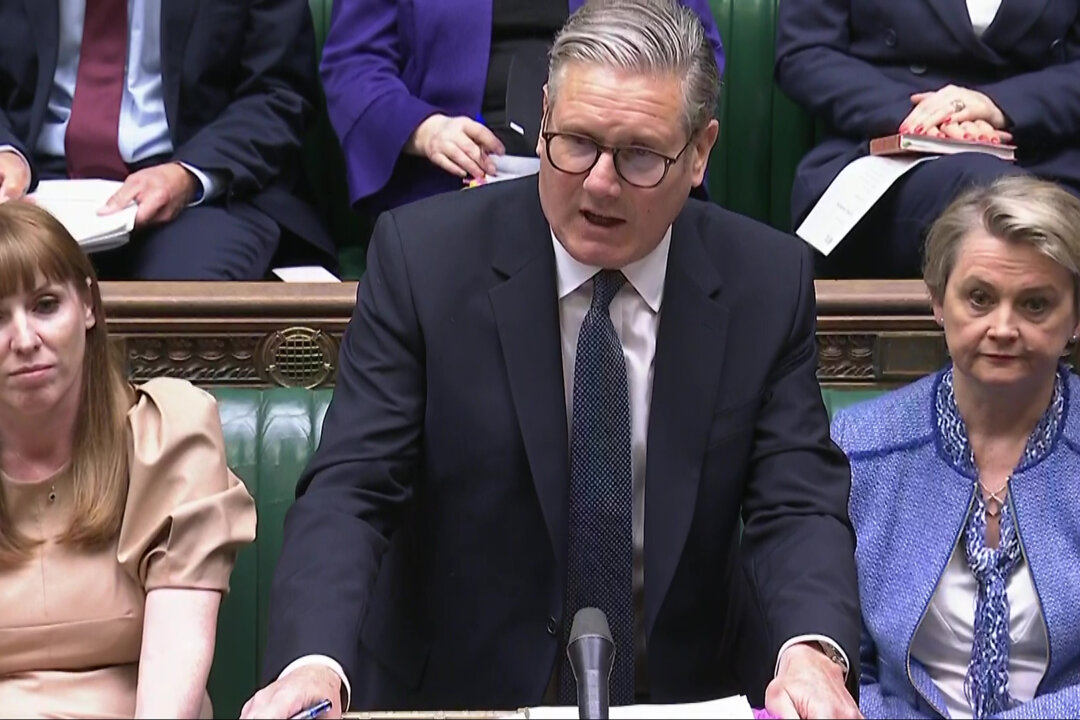Starmer Plans U-Turn on Winter Fuel Payments Amid Economic Pressure
UK PM Keir Starmer announces potential changes to winter fuel payments, aiming to widen eligibility for retirees facing economic hardships.
Subscribe to unlock this story
We really don't like cutting you off, but you've reached your monthly limit. At just $5/month, subscriptions are how we keep this project going. Start your free 7-day trial today!
Get StartedHave an account? Sign in
Overview
In response to inflation and political pressure, UK Prime Minister Keir Starmer is reconsidering the winter fuel payment policy, which has faced backlash for depriving many retirees. Initially removed by Treasury chief Rachel Reeves to address public finances, the unpopular decision has contributed to Labour's declining popularity. Starmer indicated in Parliament that as the economy improves, his government aims to adjust eligibility for the payments, but no details will be finalized until the upcoming fiscal event. This U-turn comes amid growing discontent within Labour and just ahead of key economic discussions.
Report issue

Read both sides in 5 minutes each day
Analysis
- Prime Minister Starmer's policy reversal on winter fuel payments is portrayed as a necessary response to high inflation and poor local election results, indicating a recognition of pensioners' financial pressures.
- Starmer emphasizes that the decision to adjust winter fuel payments is based on improved economic conditions and aims to ensure that more pensioners benefit from support.
- The government acknowledges the backlash against the previous cuts in winter fuel payments and conveys a commitment to listening to public concerns and making necessary changes.
Articles (5)
Center (3)
FAQ
The decision to reconsider winter fuel payments was prompted by a backlash from Labour MPs and public pressure due to the cost of living crisis.
The government is considering adjusting the eligibility thresholds to allow more pensioners to qualify for the payments, with changes likely to be introduced at a future fiscal event.
The universal winter fuel payment was initially removed by Chancellor Rachel Reeves to address public finances.
History
- This story does not have any previous versions.



